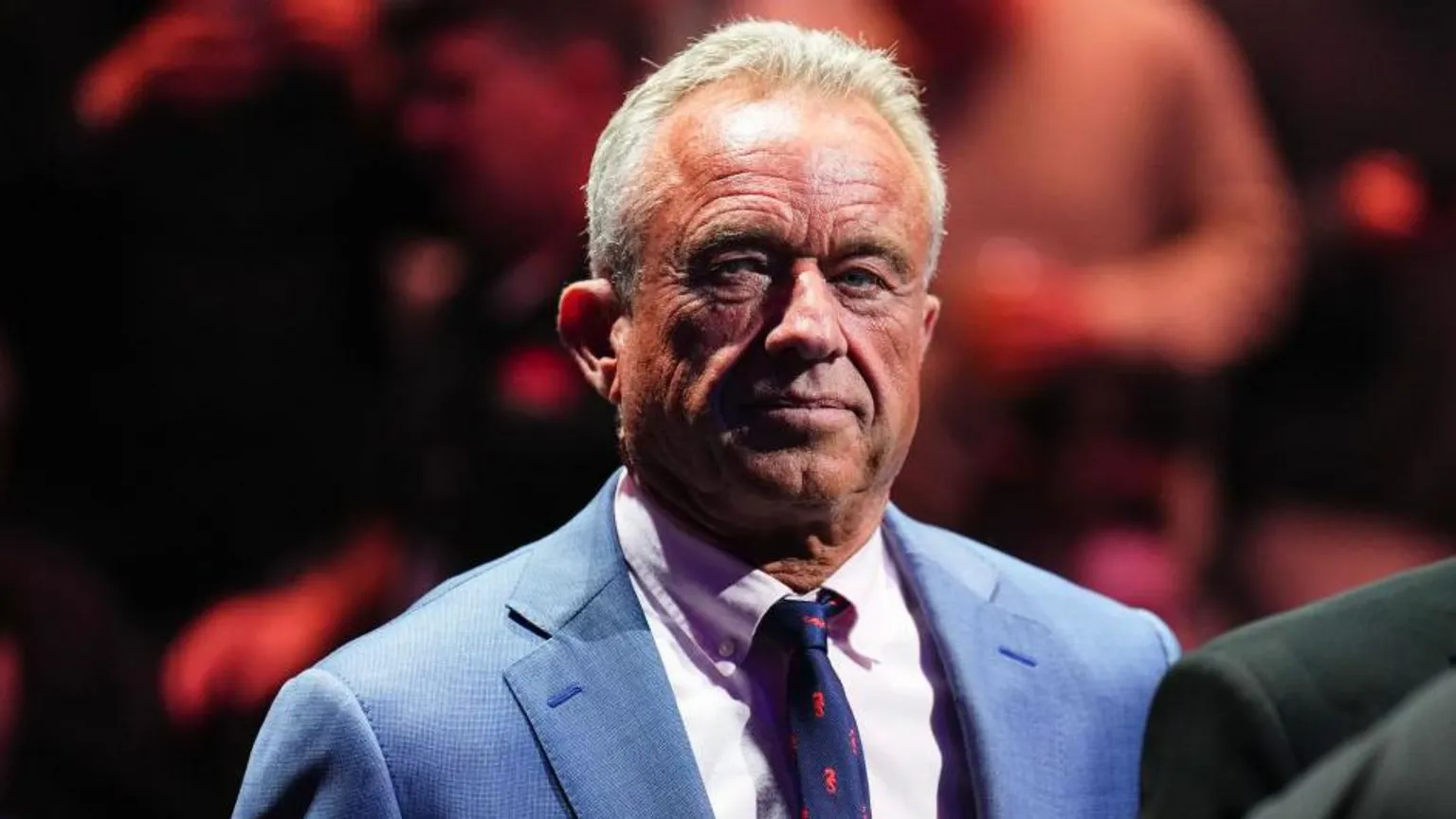RFK Jr., chosen by President-elect Donald Trump to lead the Department of Health and Human Services (DHHS), has big plans to improve how Americans eat and drink.
He wants to get rid of ultra-processed foods, food dyes, and harmful additives that he says are damaging people’s health. According to the BBC, Kennedy blames these unhealthy ingredients for making kids sick, calling it a “toxic soup” in school lunches.
His bold ideas include banning food dyes like Red No. 3, eliminating seed oils found in fast food, and even removing fluoride from drinking water.
However, BBC experts warn that some of his proposals are not backed by science. For example, they say fluoride helps prevent tooth decay and removing it would hurt dental health. Also, claims that seed oils are causing obesity aren’t supported by research.
Kennedy faces tough challenges. As BBC reports, changing food rules in the U.S. is complicated. The FDA and USDA share responsibility, and the FDA doesn’t directly regulate “ultra-processed foods.” Instead, it enforces limits on harmful ingredients and ensures clear labeling. Even if Kennedy wants to make sweeping changes, he’ll need Congress to pass new laws.
Taking on the powerful food industry—often called “Big Food”—won’t be easy either. Companies like General Mills and major farming groups have already started lobbying against Kennedy, says the BBC. These businesses are used to limited oversight, and many of Kennedy’s ideas could lead to stricter rules, which they oppose.
Despite these hurdles, some experts see value in Kennedy’s fight against ultra-processed foods. Marion Nestle, a former nutrition professor, told the BBC that it’s refreshing to see someone focus on tackling chronic diseases linked to unhealthy diets.
However, she also noted that Kennedy’s fiery approach, including his plan to fire FDA employees, might cause more harm than good.
Kennedy’s critics also point to his controversial health claims, such as the debunked idea that vaccines cause autism. According to the BBC, this has raised concerns about whether his leadership style will prioritize facts and science.
While Kennedy’s plans are ambitious, experts quoted by the BBC agree that making real changes will require collaboration and careful policy work.
His goal to make school lunches healthier and reduce harmful additives is a step in the right direction, but it’s unclear if he can overcome the political and industry roadblocks ahead.
Credit : BBC
https://www.bbc.com/news/articles/cze391y17z7o

